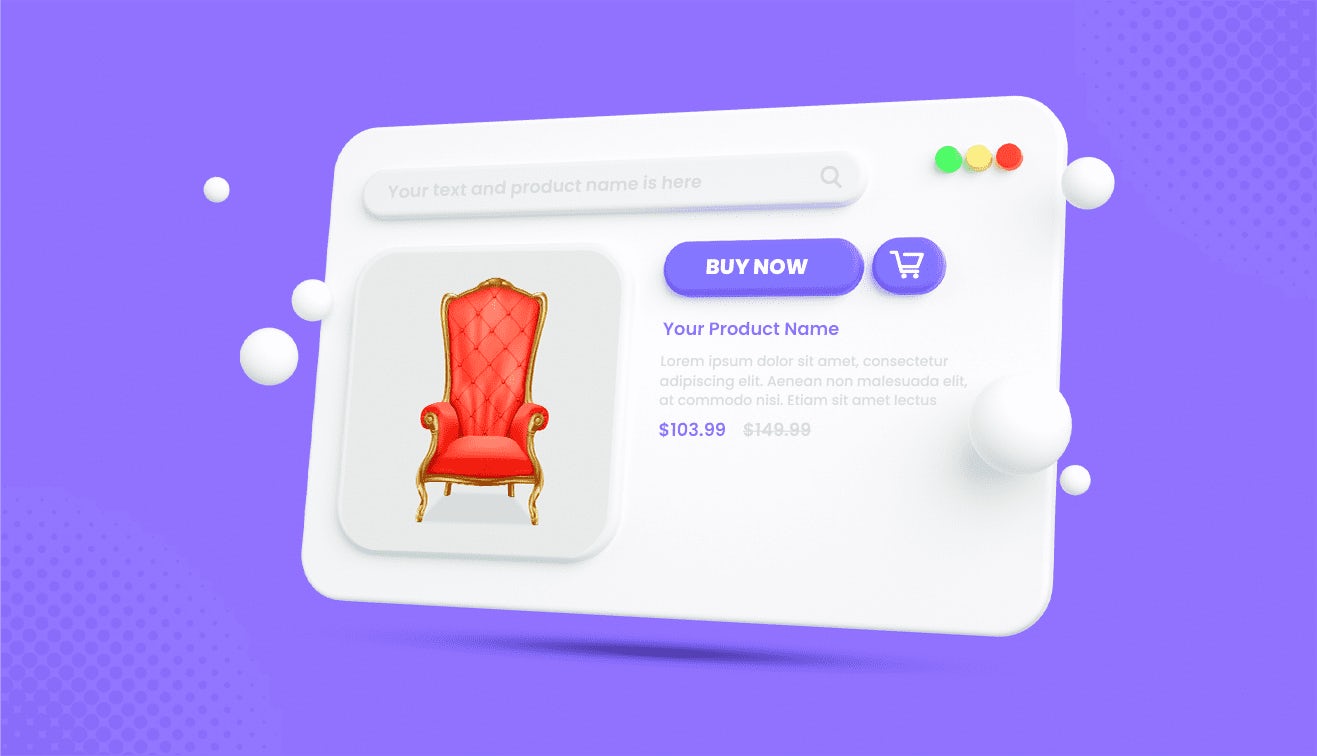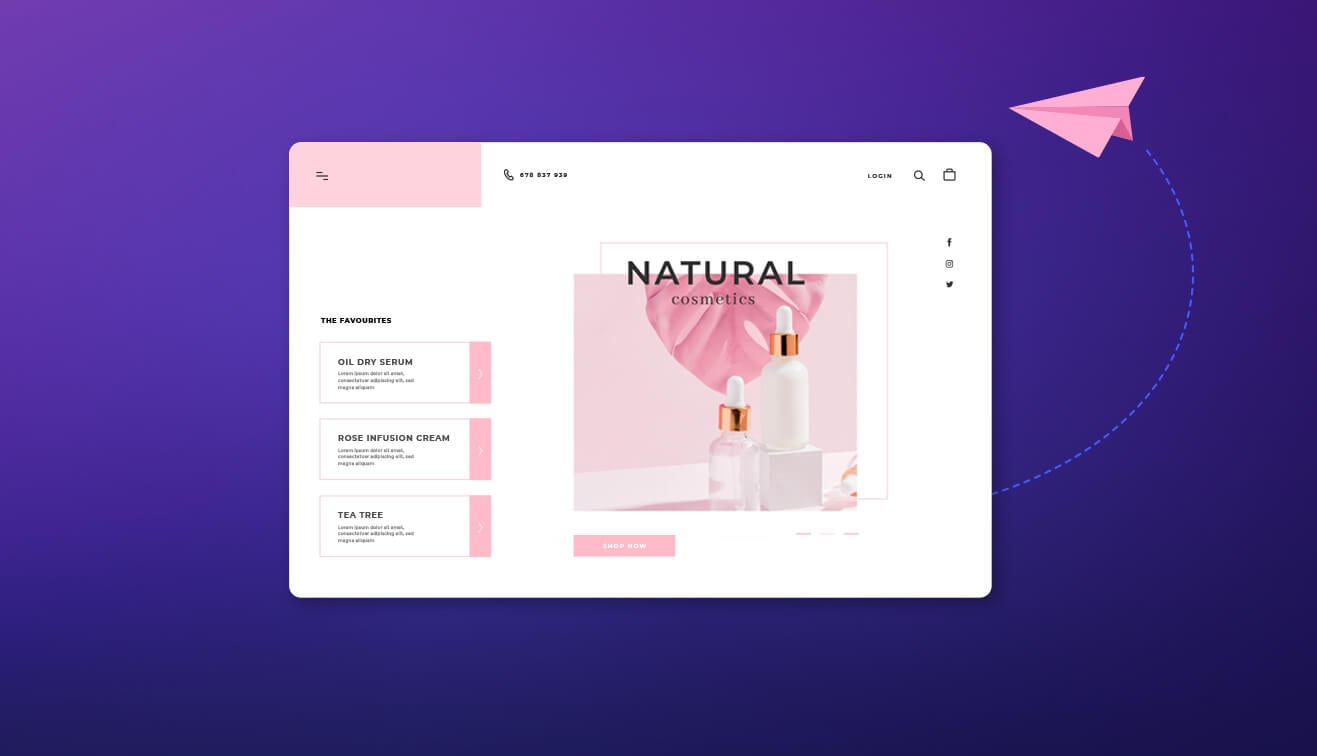In the dynamic world of B2B commerce, complexity often comes with the territory. Unlike B2C transactions, which are typically straightforward, B2B orders involve bulk quantities, customised specifications, and intricate pricing structures. To navigate this complexity and maintain a competitive edge, businesses are increasingly turning to tailored product configurators.
These tools are transforming the B2B landscape by simplifying the ordering process, optimising operations, and delivering a personalised customer experience. Let’s explore how tailored product configurators are reshaping B2B purchasing solutions, enhancing efficiency, and integrating seamlessly with Configure-Price-Quote (CPQ) software.
What Are Tailored Product Configurators?
At their core, tailored product configurators are software tools designed to enable businesses to create customisable product bundles or solutions. Customers can configure products based on specific needs, such as size, quantity, features, or materials. This flexibility is particularly beneficial in B2B settings, where every order can differ significantly from the last.
Key characteristics of tailored product configurators include:
- Dynamic Customisation: Customers can adjust products or services to suit their exact requirements.
- Automated Pricing: Pricing adjusts in real time based on selected configurations.
- Order Validation: Ensures compatibility of components and compliance with order parameters.
Why Are Tailored Product Configurators Essential for B2B?
1. Simplifying Complex Orders
In industries like manufacturing or technology, B2B orders can include hundreds of components or variables. A tailored product configurator simplifies this process by presenting customers with clear, guided choices that reduce confusion and errors.
For instance, a B2B customer ordering industrial equipment can specify power requirements, dimensions, and additional features, ensuring the product fits their unique operational needs without unnecessary back-and-forth communication.
2. Enhancing the CPQ Process
Configure-Price-Quote (CPQ) software is essential for B2B companies looking to accelerate sales cycles and improve quoting accuracy. By integrating with tailored product configurators, CPQ systems can dynamically calculate prices for even the most complex configurations. You get:
- Real-Time Pricing Updates: Prices are adjusted based on selected features, quantities, and discounts.
- Improved Sales Efficiency: Sales teams can focus on building relationships rather than manually calculating quotes.
- Error Reduction: Automated pricing and validation reduce costly mistakes.
3. Optimising B2B Order Management
Efficient order management is critical in B2B commerce, where delays or errors can disrupt entire supply chains. Product configurators streamline order management by:
- Validating orders to ensure they align with production and inventory capabilities.
- Standardising order formats to minimise processing errors.
- Allowing for bulk ordering and bundling tailored to customer needs.
4. Enhancing Customer Experience
Today’s B2B buyers expect the same level of personalisation they experience in B2C transactions. Tailored product configurators enable businesses to deliver highly personalised experiences by offering products and solutions that address specific pain points.
What are the benefits?
- Clarity: Clear options reduce decision fatigue.
- Convenience: The ability to configure products online saves time and effort.
- Confidence: Customers can see exactly what they’re getting, reducing uncertainty.
Financial Benefits of Tailored Product Configurators
#1 Increased Revenue Through Upselling and Cross-Selling
By presenting related or complementary products during the configuration process, businesses can boost revenue. For example, a technology company might suggest extended warranties or additional software licenses alongside a configured product.
#2 Reduced Costs
- Fewer Returns and Errors: Accurate configurations minimise the risk of returns or production issues.
- Lower Sales Overheads: Automation reduces the need for manual intervention, cutting administrative costs.
#3 Bulk Pricing Opportunities
Configurators can offer tiered pricing structures for larger orders, encouraging customers to purchase in higher volumes.
Real-World Use Case of Tailored Product Configurators
Manufacturing
Manufacturers use configurators to allow customers to design bespoke machinery or equipment, ensuring that every order meets specific operational requirements.
Wholesale and Distribution
In the wholesale sector, configurators enable retailers to bundle products in quantities that suit their needs, simplifying inventory planning and logistics.
Technology and SaaS
Tech companies leverage configurators to let clients build custom hardware configurations or subscription packages, ensuring compatibility and scalability.
Overcoming Challenges with Tailored Product Configurators
While the benefits are significant, businesses may face challenges when adopting product configurators, including:
- Integration Issues: Ensuring the configurator works seamlessly with existing systems like ERP or CRM platforms.
- Training Requirements: Staff and customers need to understand how to use the configurator effectively.
- Initial Costs: While the long-term ROI is high, initial setup and implementation costs can be significant.
Best Practices for Implementation
- Choose a configurator that can grow with your business, accommodating new products, features, or markets as needed.
- Integrate the configurator with your CRM, ERP, and CPQ software to streamline operations and data management.
- A user-friendly interface is essential for driving adoption among customers and internal teams.
- Use analytics tools to monitor customer behaviour and preferences, refining your configurator over time to align with market demands.
Conclusion
Tailored product configurators are a game-changing tool for B2B companies. By simplifying complex orders, enhancing the CPQ process, and optimising operations, these tools enable businesses to meet customer needs efficiently and cost-effectively.
Whether you're in manufacturing, wholesale, or technology, investing in a customisable product configurator is a strategic move that can drive growth, reduce costs, and elevate the customer experience.
Embrace this powerful solution to stay ahead in today’s competitive B2B market.


































































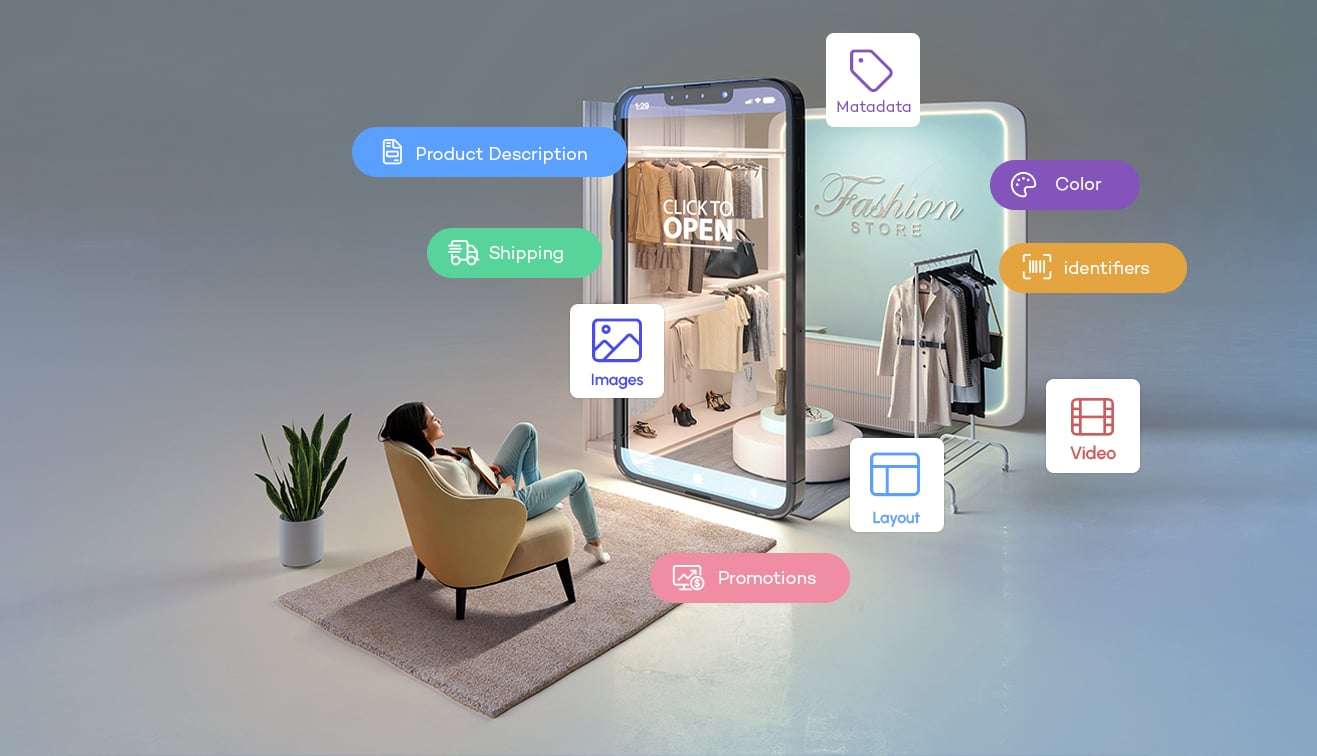



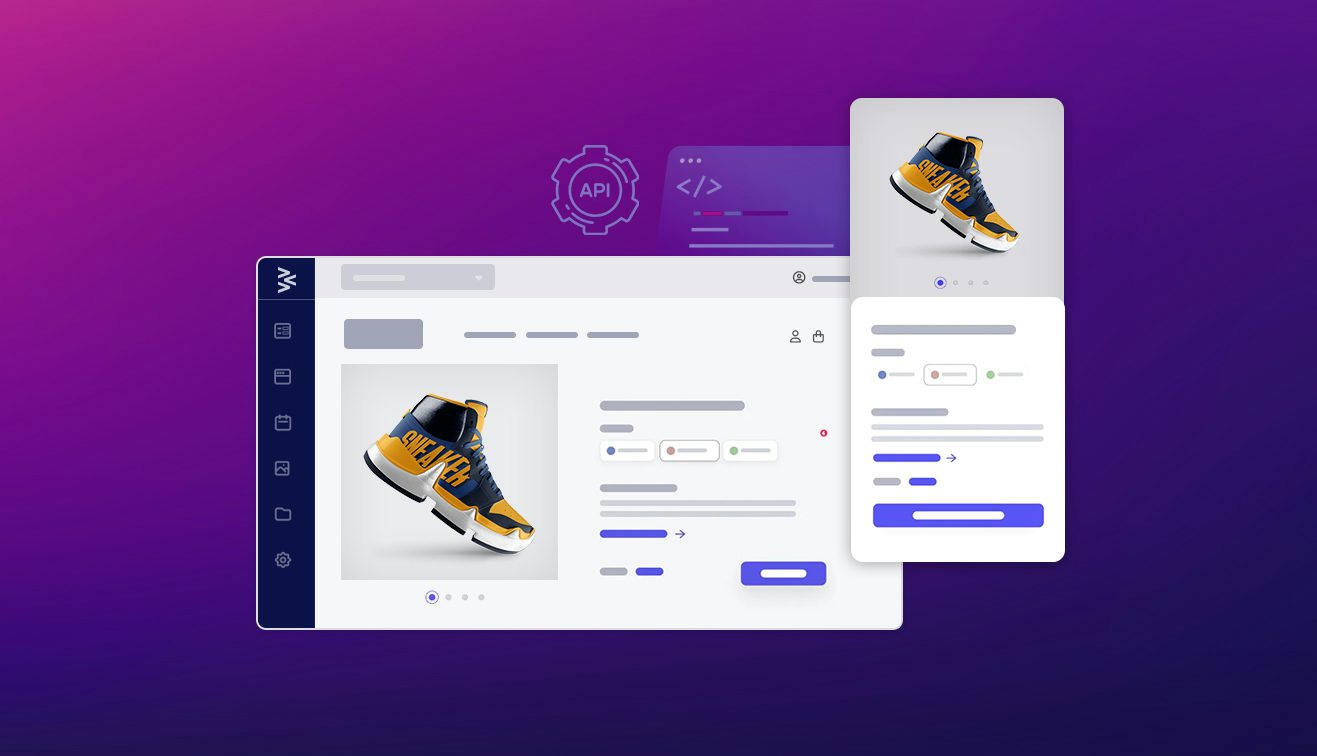

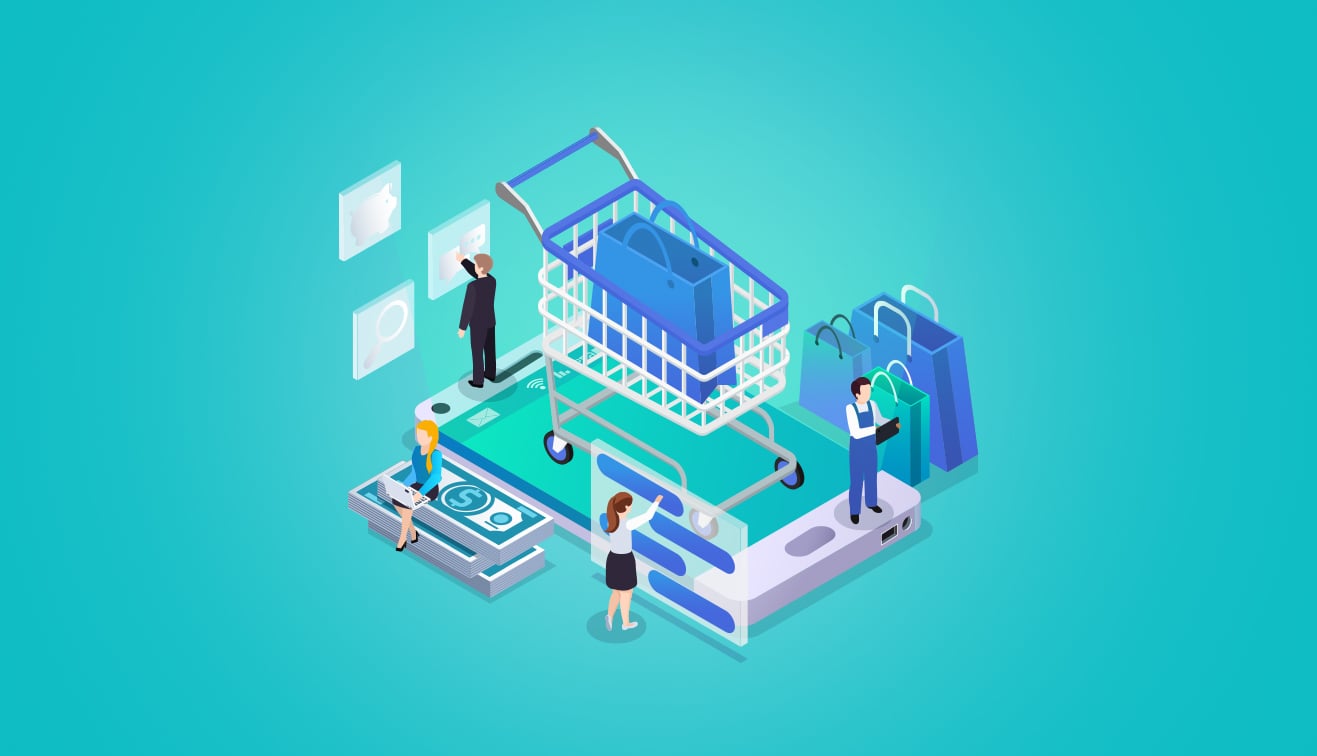

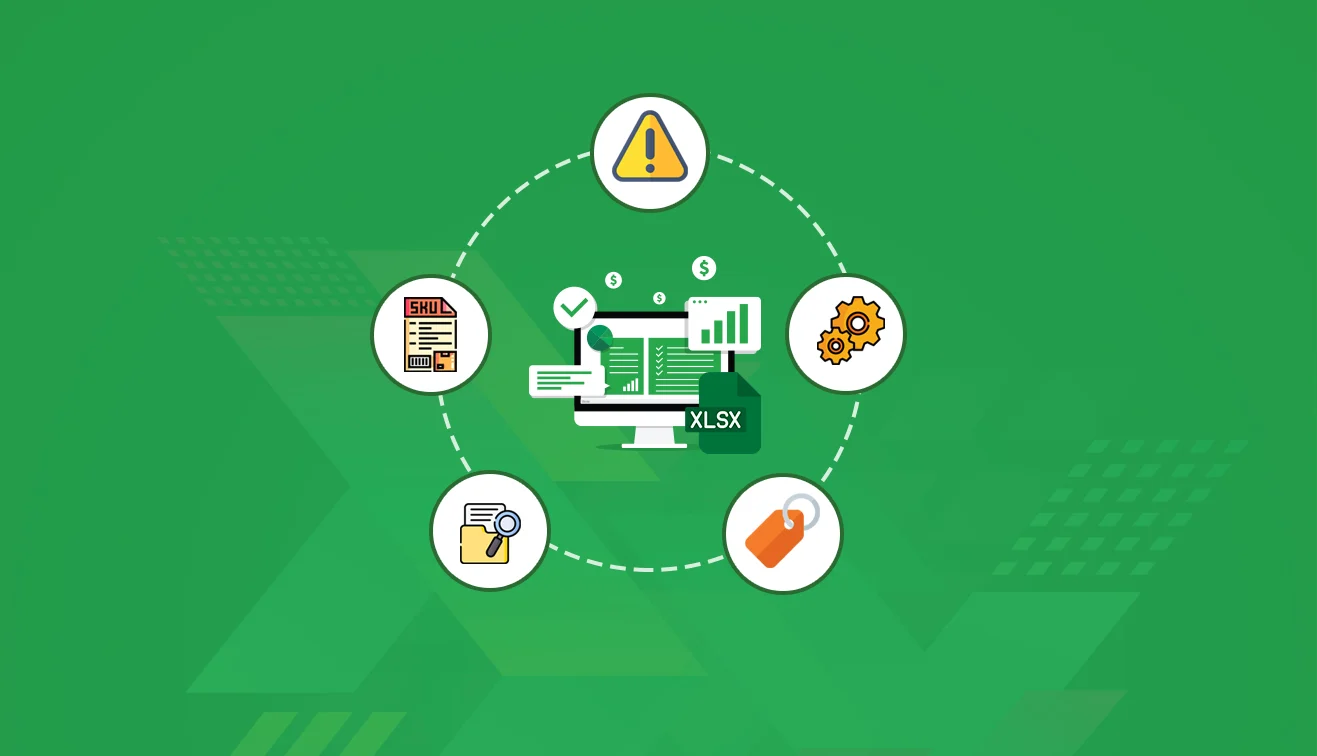
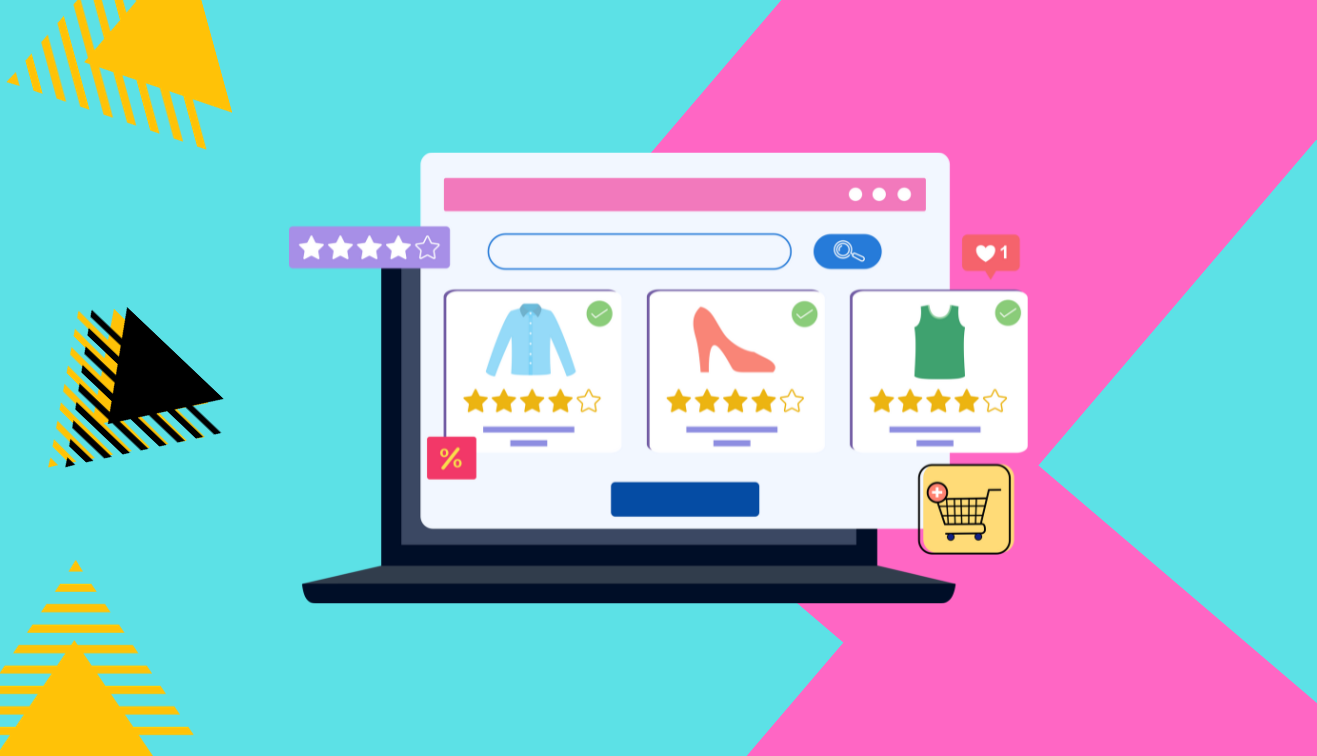
.jpg?w=3840&q=75)
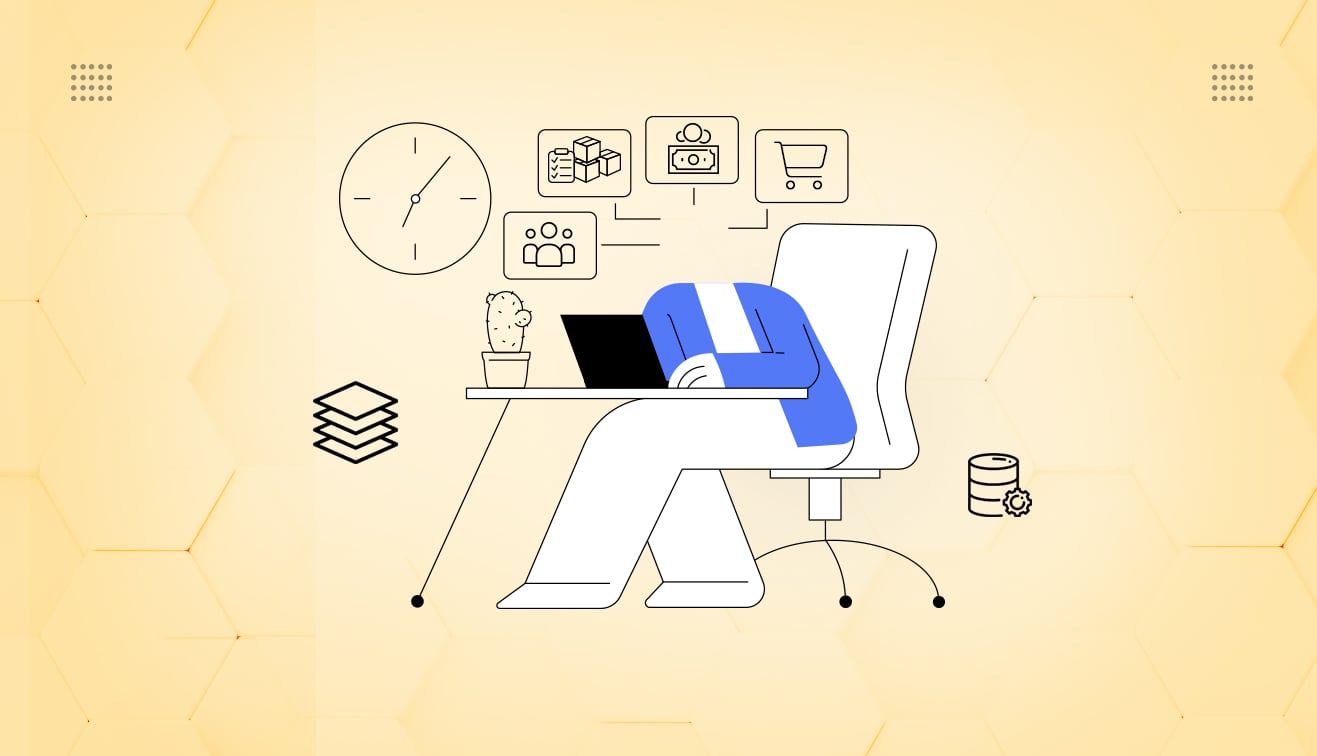

.png?w=3840&q=75)
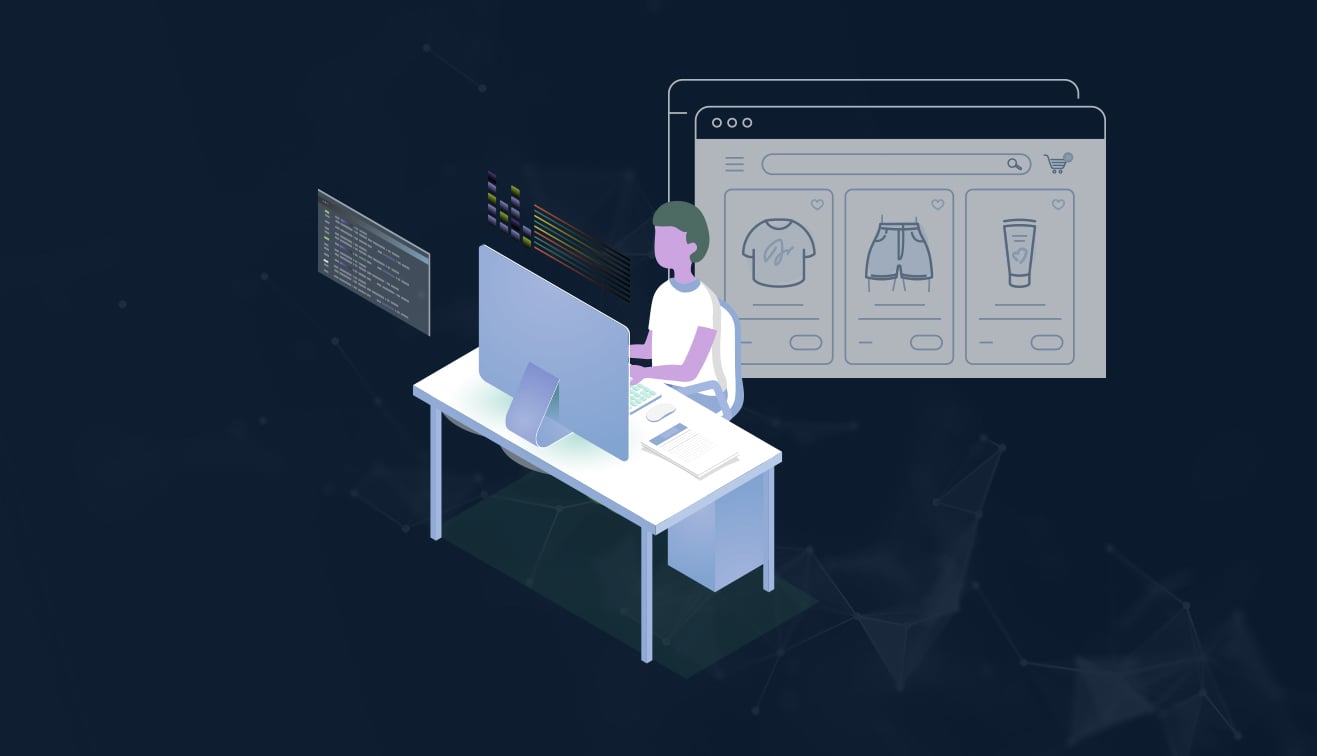
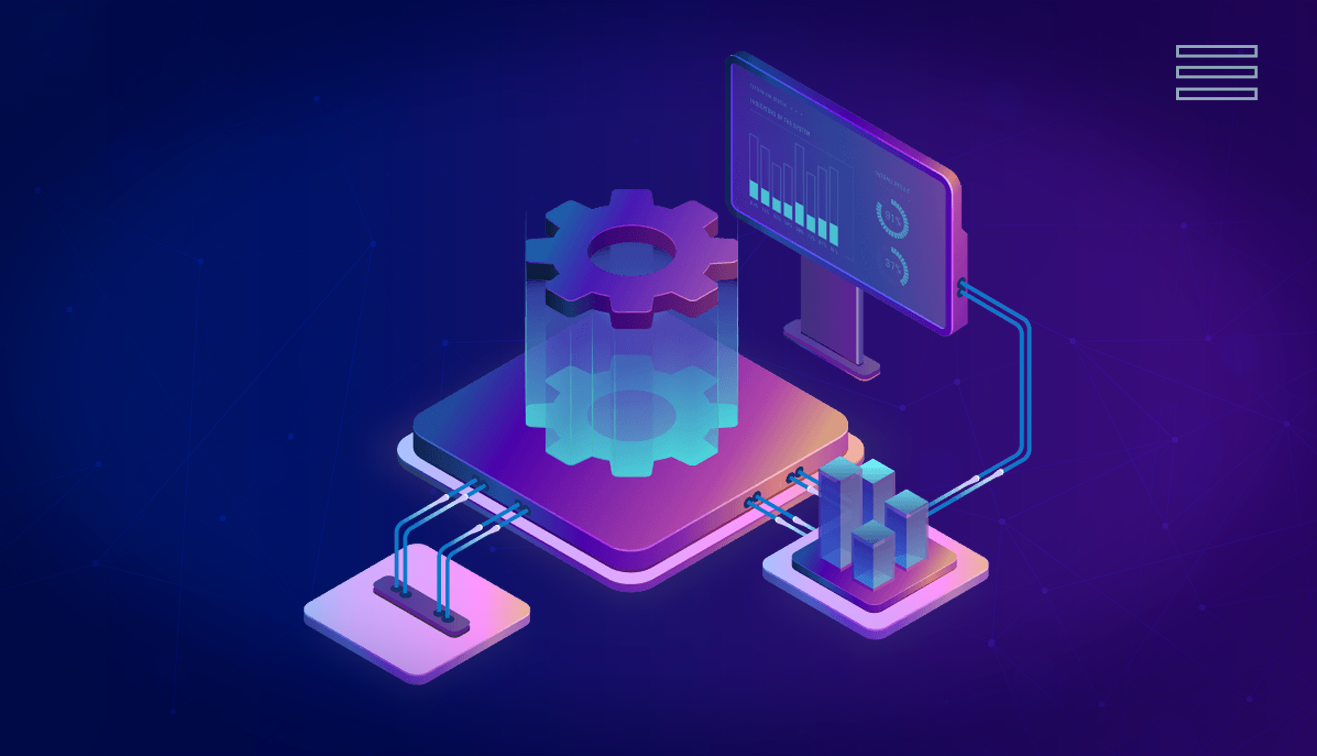
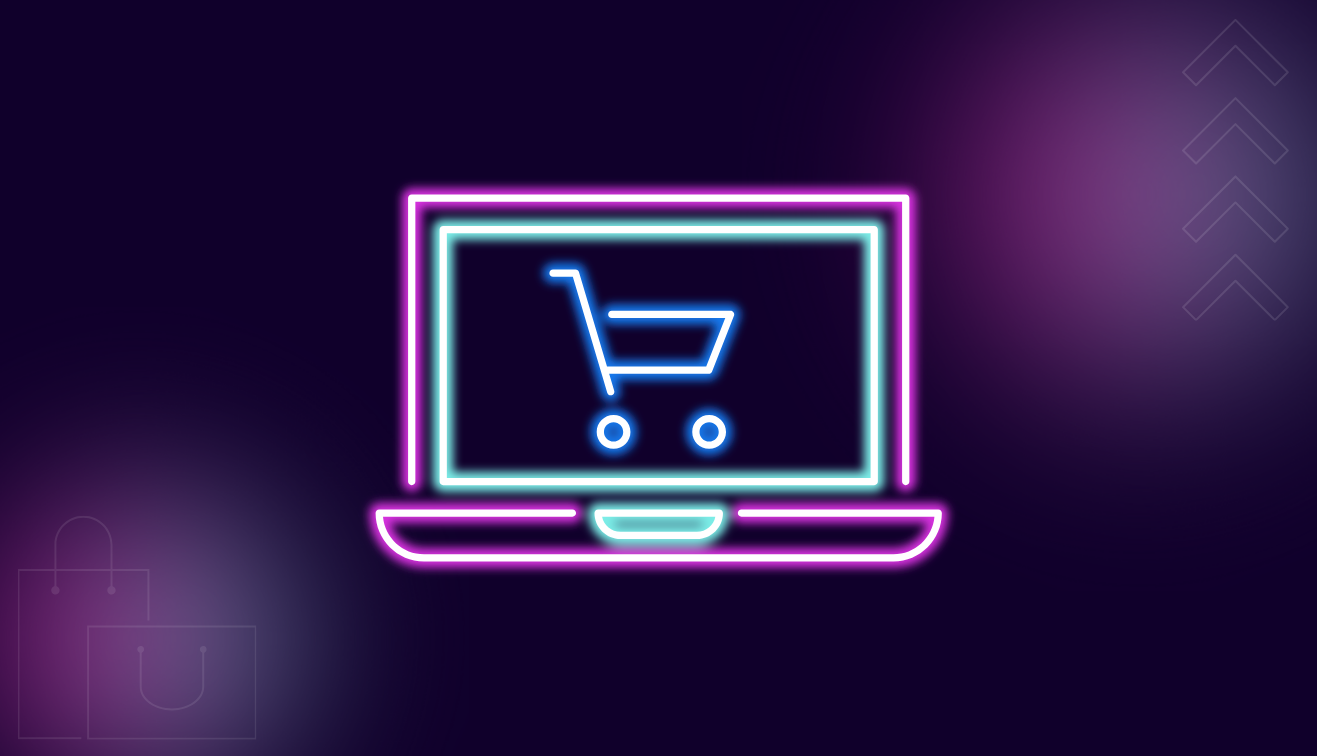
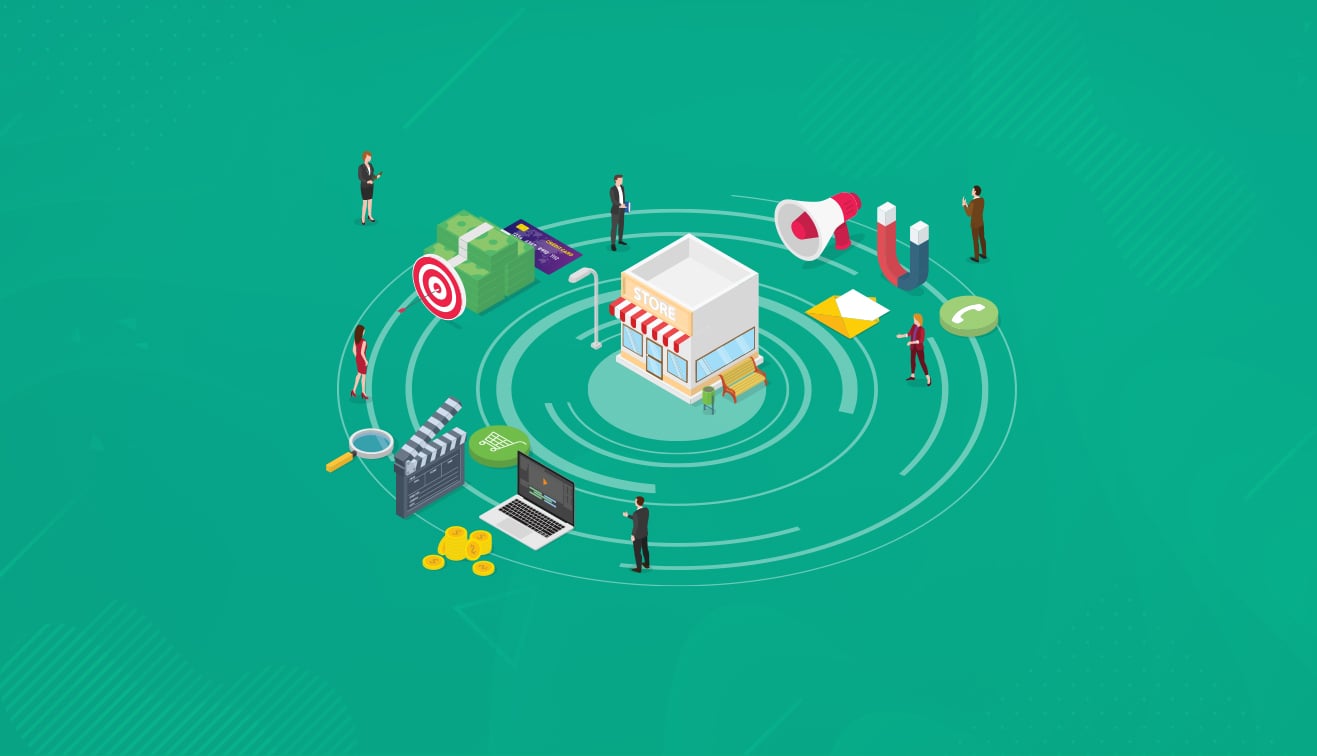
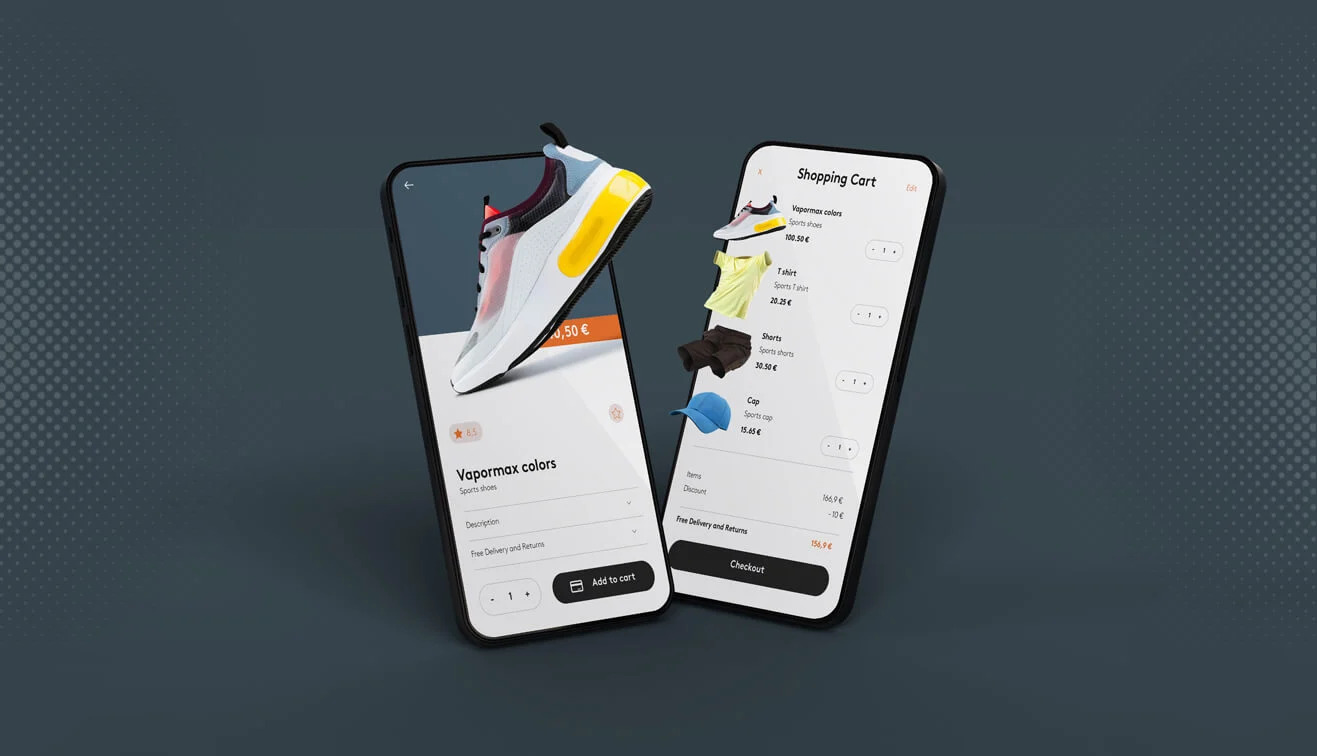

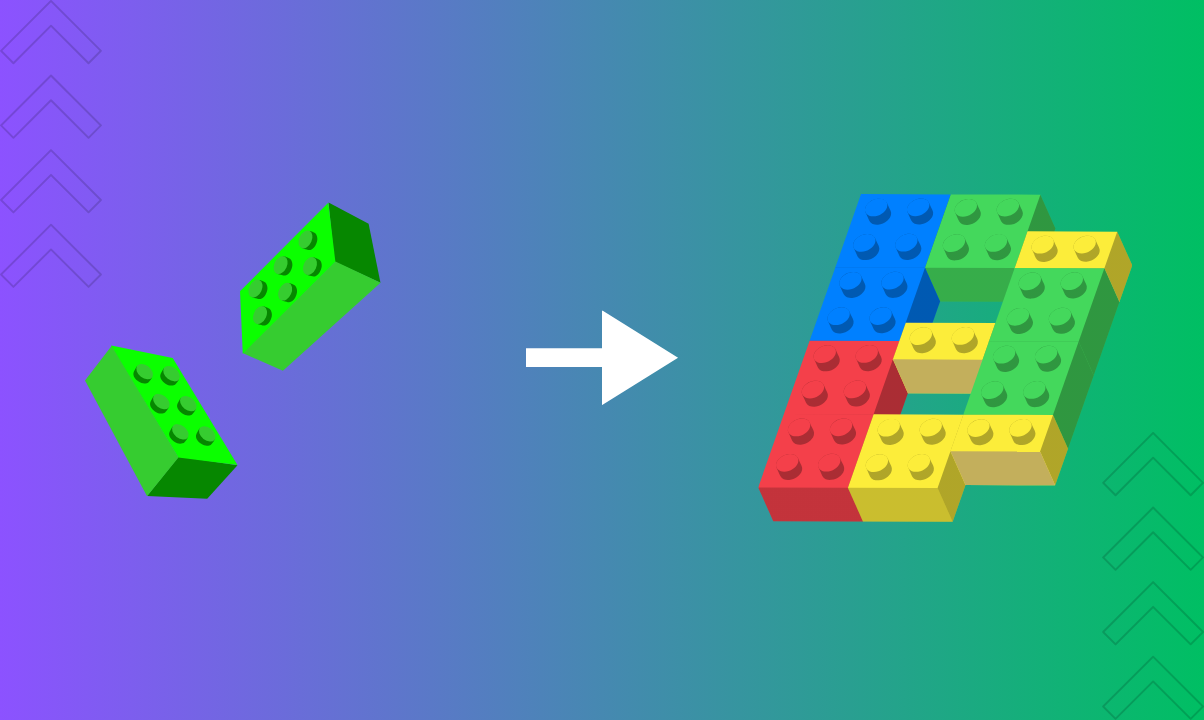

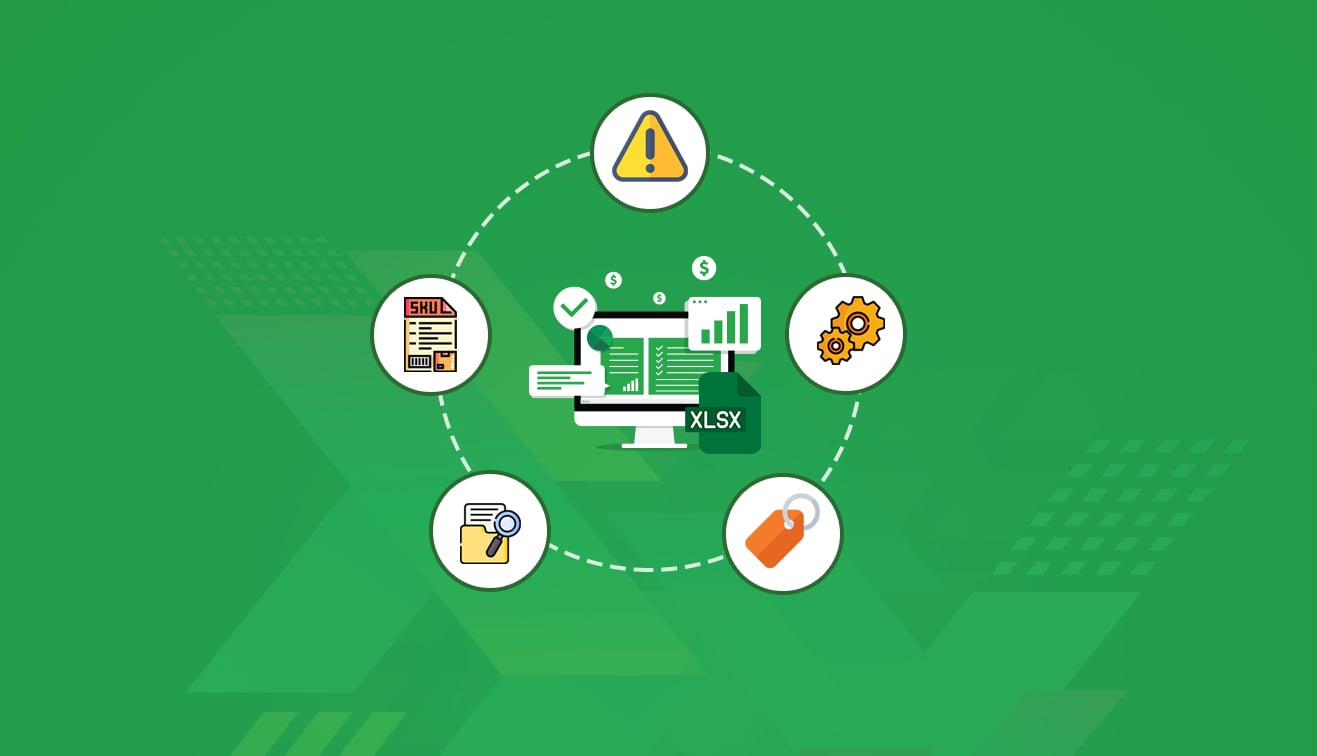
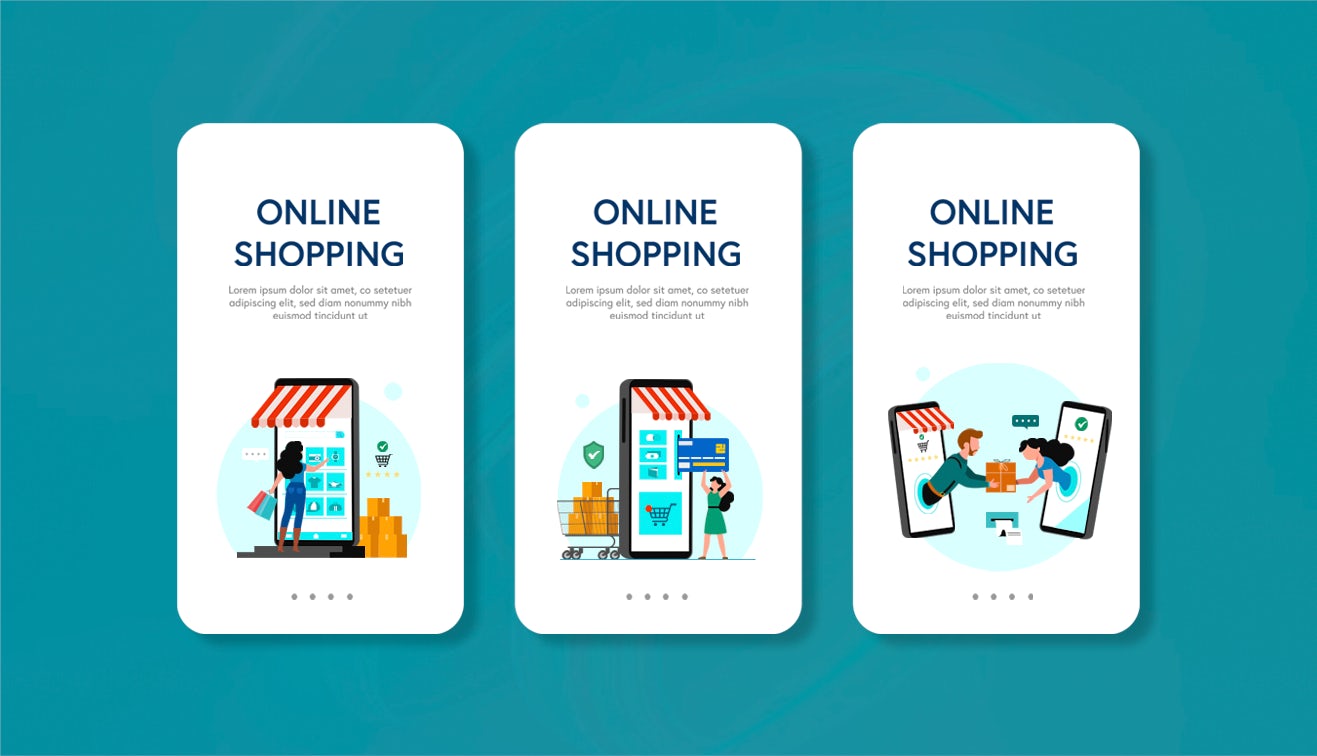
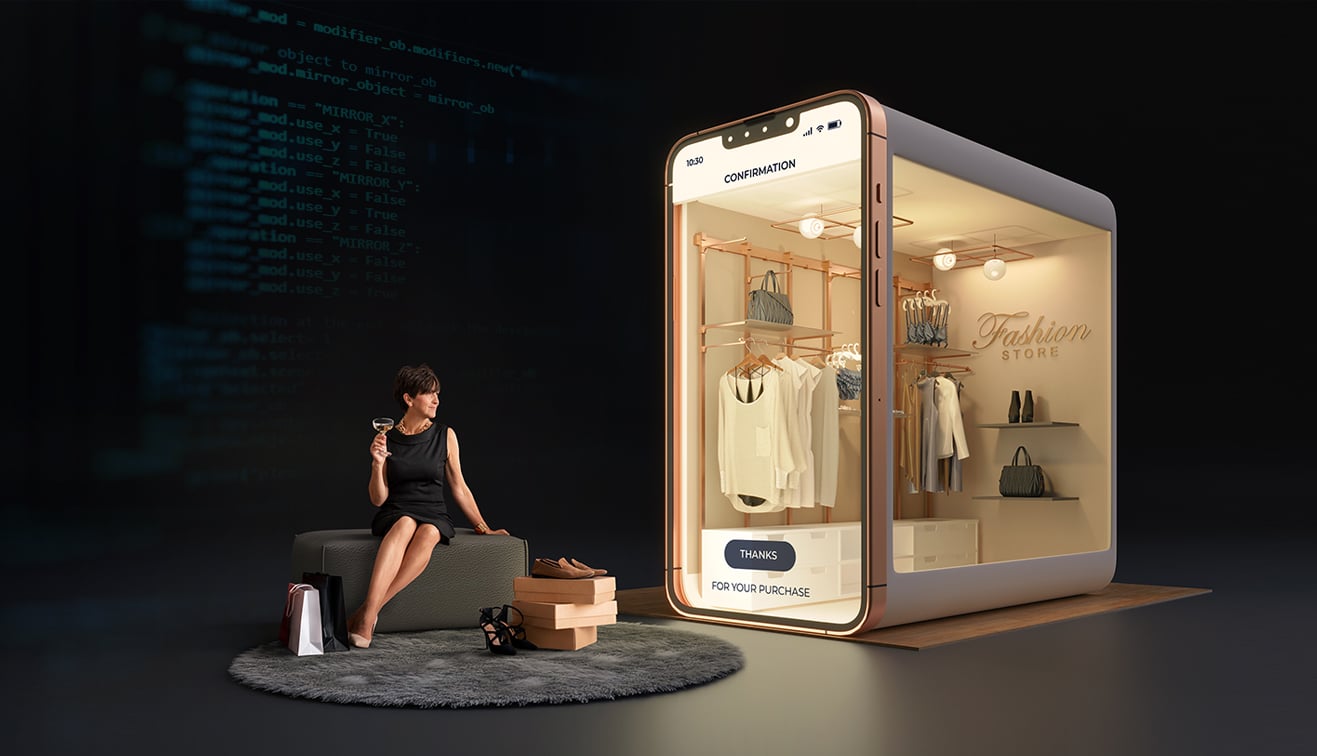
.jpg?w=3840&q=75)
